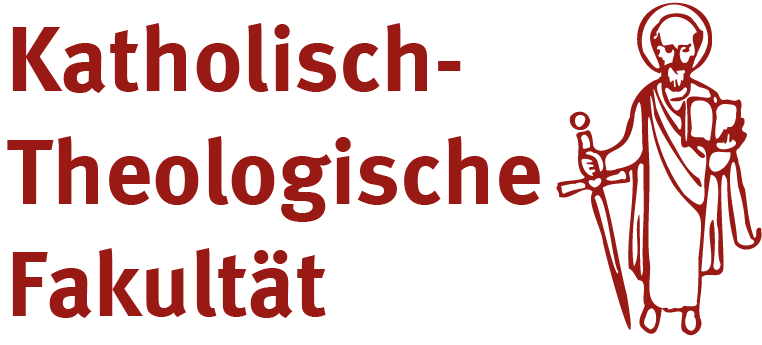Welcome to the Centre for Theological Gender Studies!

Feminist Theology and Theological Gender Studies are cross-disciplinary endeavours in theology. They reflect upon the relevance of sex and gender for Biblical, Historical, Systematic and Practical Theology as well as the structures in which theology is practiced. Regarding methods and content, they are situated in theology as well as in gender studies. In the interest of both, they support gender sensitivity and gender equality in theology and in the Church.
Feminist Theology and Theological Gender Studies have a long tradition in Münster. Since the end of the 1970s, there is research and teaching in the field of Feminist Theology at our faculty. Besides the Centre for Theological Gender Studies with a focus on Church History in Bonn, the Centre for Theological Gender Studies in Münster is the only Catholic-theological institution at a university in Germany that reflects on gender-perspectives in all theological disciplines. Moreover, it provides a comprehensive library that is under continuous development in cooperation with the Diocesan Library Münster.






